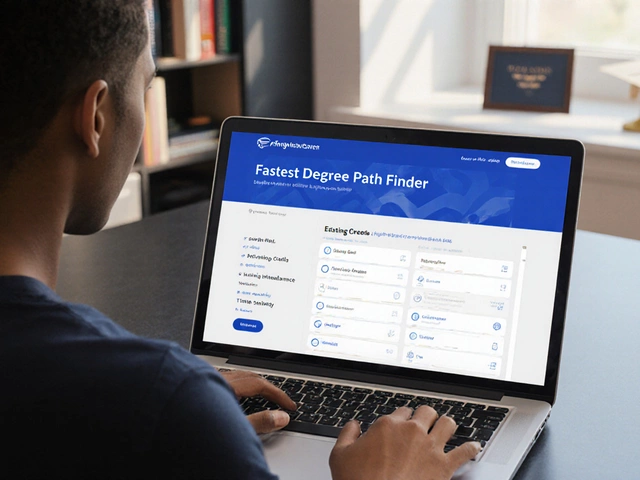Good Score: Simple Ways to Raise Your Grades
Everyone wants that good score, but most people don’t know the quick moves that actually work. A higher grade isn’t just a number – it can open doors to scholarships, fast‑track training, and better job prospects. Below you’ll find clear steps you can start using today.
Why a Good Score Matters
A solid score signals that you understand the material and can apply it under pressure. Universities and employers use it to gauge reliability. For example, students with decent grades can qualify for hidden scholarships that target average performers (see our "Can Average Students Get Scholarships?" guide). Even a modest boost can move you from “good enough” to “top candidate” for fast teacher training programs or competitive online courses.
Actionable Steps to Get It
1. Focus on the biggest impact topics. Look at past exams or assignment feedback and spot the areas where you lose points. Spend extra time on those before polishing the easier sections.
2. Use active recall. Instead of rereading notes, close the book and try to write down what you remember. This forces your brain to retrieve information, which strengthens memory.
3. Teach what you learn. Explain a concept to a friend or even to yourself out loud. Teaching forces you to organize thoughts and reveals any gaps.
4. Mind your diet before tests. Avoid heavy meals, sugary drinks, and caffeine spikes. Our "Foods and Drinks to Avoid Before Exams" article explains which snacks keep your brain sharp.
5. Set micro‑goals. Break a study session into 20‑minute blocks with a 5‑minute break. Short bursts keep focus higher than long, dull sessions.
6. Track progress. Write down scores from quizzes, practice tests, or assignments. Seeing improvement, even small, fuels motivation.
These habits stack up quickly. If you combine active recall with teaching, you’ll likely see a noticeable jump in test performance within a couple of weeks.
Beyond grades, a good score can be the ticket to fast‑track teacher training, as highlighted in our "Fastest Teacher Training Program" post. The program looks for candidates who demonstrate consistent academic performance, so a recent boost can make your application stronger.
Don’t forget the scholarship angle. Many awards, like those listed in "Most Popular Scholarships," consider both GPA and extracurricular impact. A rise from a 2.8 to a 3.2 GPA can push you into eligibility for several funding options.
Finally, stay realistic. A good score doesn’t mean perfection; it means steady improvement. Celebrate each milestone, adjust your plan if something isn’t working, and keep the momentum going.
Ready to turn your next exam into a good score? Pick one tip from above, apply it this week, and watch the results stack up. Your future self will thank you.






